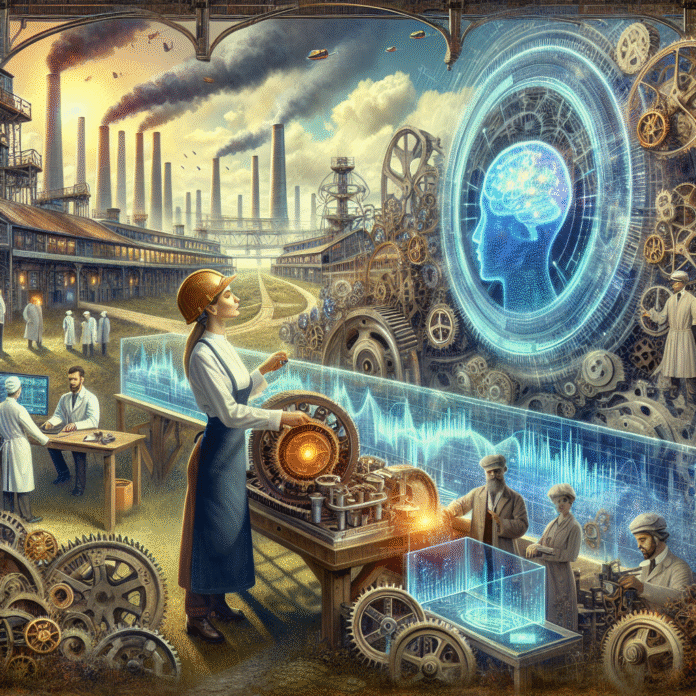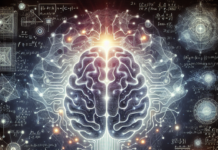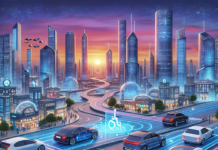Harnessing AI: Transforming Industries for the Future
Artificial Intelligence (AI) is no longer just a futuristic concept; it is a transformative force that is reshaping industries across the globe. From healthcare to finance, manufacturing to farming, AI is streamlining processes, enhancing productivity, and paving the way for innovative solutions. As organizations increasingly recognize the potential of AI, they are harnessing its capabilities to not only optimize existing operations but also create entirely new business models. This article explores how AI is revolutionizing various sectors and the implications of these changes for the future.
The Healthcare Revolution
In healthcare, AI is proving to be instrumental in improving patient outcomes. Machine learning algorithms analyze vast amounts of data to predict patient conditions, identify potential treatments, and even recommend personalized medicine. For instance, AI-powered diagnostic tools can detect diseases from medical imaging with remarkable accuracy, often outperforming human radiologists.
Telemedicine, fueled by AI, is also changing the landscape. Virtual consultations powered by chatbots and machine learning systems provide patients with immediate access to healthcare advice while reducing pressure on medical professionals. The integration of AI in healthcare not only enhances the speed of diagnosis and treatment but also fosters preventive care, potentially reducing costs and improving public health.
Financial Services: Enhanced Decision-Making
In the financial sector, AI is transforming how banks and investment firms operate. By utilizing sophisticated algorithms, institutions can analyze market trends, assess risks, and execute trades at a speed and efficiency unachievable by human operators. Robo-advisors, which provide automated investment advice based on individual goals and risk tolerance, have democratized financial planning, making it accessible to a broader audience.
Fraud detection has also seen significant advancements through AI. Machine learning models can analyze patterns in transaction data to identify potentially fraudulent activities in real-time, thereby safeguarding customer assets and reducing losses for financial institutions.
Manufacturing and Supply Chain Optimization
In manufacturing, AI enhances efficiency through automation and predictive analytics. Smart factories equipped with AI technologies can optimize production schedules, monitor machine performance, and predict maintenance needs, thereby minimizing downtime. The Internet of Things (IoT) plays a crucial role here—connecting machines and devices to gather data that fuels AI algorithms, leading to improved decision-making and resource allocation.
AI is also revolutionizing supply chain management. Predictive analytics allow firms to forecast demand fluctuations, optimize inventory levels, and enhance logistics planning, resulting in reduced costs and improved service delivery. As businesses increasingly adopt AI-driven strategies, they achieve a competitive edge in a rapidly evolving marketplace.
Agriculture: Precision Farming
Agriculture is another sector experiencing a dramatic transformation through AI. Precision farming utilizes AI algorithms to optimize crop yields, monitor soil health, and improve resource management. Autonomous drones and robots can survey fields, identify pests, and even plant seeds, allowing farmers to operate more efficiently and sustainably.
Machine learning models analyze data from various sources—such as weather patterns, soil conditions, and market trends—to provide farmers with actionable insights. Through these tools, farmers can make data-driven decisions, ultimately increasing productivity while minimizing environmental impact.
The Challenges Ahead
While the benefits of AI are significant, there are challenges that industries must navigate. Ethical considerations surrounding data privacy, algorithmic bias, and job displacement are pressing issues. As AI systems learn from vast datasets, ensuring that these datasets are representative and free from bias is crucial to prevent discriminatory outcomes.
Moreover, the rapid pace of AI adoption raises concerns about a widening skills gap in the workforce. As tasks become automated, workers may need to adapt to new roles that require different skill sets. Continuous education and training programs will be essential to equip employees with the skills needed to thrive in an AI-driven economy.
The Path Forward
Harnessing AI presents an immense opportunity to transform industries, but it requires careful planning and responsible implementation. Organizations must prioritize ethical considerations and invest in workforce development to navigate the challenges AI presents. Collaboration between private and public sectors will be vital to establish regulations and guidelines that ensure the responsible use of AI technology.
As we move into the future, AI will not just be a tool for efficiency; it will redefine the very fabric of industries. By understanding and proactively addressing its challenges, we can harness the full potential of AI to foster innovation, drive economic growth, and create a better, more equitable world. The journey of AI has only just begun, and its impact will continue to unfold in remarkable ways across sectors and society at large.
More related articles- Artificial Intelligence (AI) is no longer a futuristic concept—it’s a transformative force actively reshaping the global industrial landscape.







